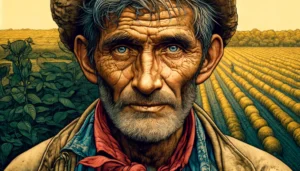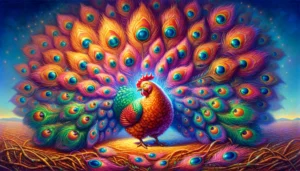
Farm Dictionary 4.jpg
Non-Centrifugal Sugar
Definition: non-centrifugal sugar
non-centrifugal sugar: a dark semi-solid sugar made by boiling the juices obtained from crushed sugar cane. India is the principal producer. Non-centrifugal sugar, also known as panela or jaggery, offers farmers an alternative value-added product. By producing non-centrifugal sugar, farmers can diversify their income streams, tap into niche markets, and add value to their sugar cane crops. Understanding the production process and market demand for non-centrifugal sugar can help farmers capitalize on this opportunity, enhancing farm profitability and sustainability.
Originally posted 2007-11-11 08:41:08.
Fall off the barn roof and busted your keister? Life on the farm or ranch can be tough on the bum. Need a break? Laugh it off at FarmerCowboy.com, the #1 farm humor site. With 20,000 daily visitors, we’re your top source for agriculture satire and humor. Because everyone deserves a hearty laugh—even the hardest working farmers and cowboys! Join us and turn those long days into fun tales at FarmerCowboy.com.
Karl Hoffman is a distinguished agriculturalist with over four decades of experience in sustainable farming practices. He holds a Ph.D. in Agronomy from Cornell University and has made significant contributions as a professor at Iowa State University. Hoffman’s groundbreaking research on integrated pest management and soil health has revolutionized modern agriculture. As a respected farm journalist, his column “Field Notes with Karl Hoffman” and his blog “The Modern Farmer” provide insightful, practical advice to a global audience. Hoffman’s work with the USDA and the United Nations FAO has enhanced food security worldwide. His awards include the USDA’s Distinguished Service Award and the World Food Prize, reflecting his profound impact on agriculture and sustainability.




